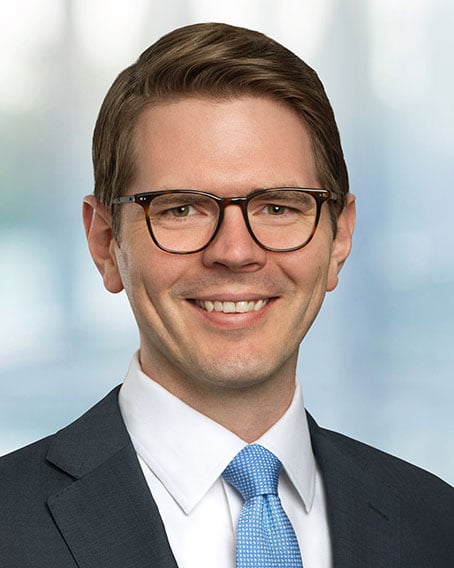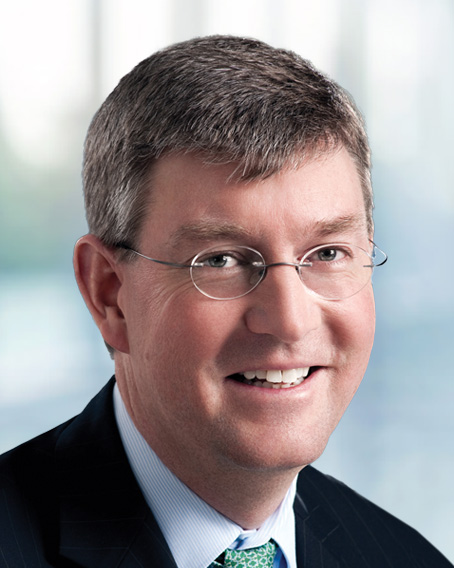In U.S. ex rel. Saldivar v. Fresenius Med. Care Holdings, Inc., 841 F.3d 927 (11th Cir. 2016), the Eleventh Circuit rejected relator’s expansive interpretation of the original source exception to the False Claims Act’s legacy public disclosure bar. 31 U.S.C. § 3730(e)(4)(A)-(B). The court reversed the Northern District of Georgia’s finding that under the pre-2010 version of the FCA’s public disclosure bar, the relator could qualify as an original source based on information he heard from others. Instead, it held, a relator must have firsthand knowledge of publicly disclosed conduct to avoid dismissal for lack of subject matter jurisdiction.
Background
Relator Chester Saldivar worked as a technician for defendant Fresenius, a provider of end stage renal disease outpatient services. Two of the drugs administered by Fresenius clinics, Epogen and Zemplar, are distributed by the manufacturer in vials that contain slightly more of the drug than is indicated on the label. Rather than disposing of this “overfill,” Fresenius used the excess medication to treat other patients. According to Saldivar, Fresenius submitted false claims in violation of the FCA when it billed the federal government separately for these overfill doses.
Saldivar’s knowledge of these practices stemmed from the administrative work he did to track Epogen and Zemplar doses. As part of his job duties, Saldivar periodically completed electronic inventory forms listing the vial counts and the doses of these drugs that had been administered. These forms then automatically calculated the amount of overfill Fresenius had utilized on a monthly basis. According to Saldivar, others at the company told him that Fresenius billed the federal government for Epogen and Zemplar overfill, and that Fresenius used the forms he completed in assembling those bills.
Fresenius moved to dismiss under the FCA’s pre-2010 version of the public disclosure bar, which provides that a district court lacks subject matter jurisdiction over FCA claims that are based on allegations that have been publicly disclosed. 31 U.S.C. § 3730(e)(4)(A). The district court agreed that Fresenius’ overfill practices had been publicly disclosed, but it denied the motion under the statute’s original source exception, which allowed relators to proceed only if they had “direct and independent knowledge” of the public information at issue. Id. at § 3730(e)(4)(A)-(B).
Following discovery, the court granted summary judgment for Fresenius, finding that Saldivar had failed to create a genuine issue of fact on intent. Saldivar appealed, and on appeal, Fresenius again raised its public disclosure arguments before the Eleventh Circuit.
Eleventh Circuit Opinion Holds that Public Disclosure Bar Applies
The Eleventh Circuit agreed with Fresenius, reversing the district court’s earlier motion to dismiss decision and remanding for entry of an order dismissing the case for lack of subject matter jurisdiction.
The Eleventh Circuit concurred with the district court that the allegations at issue had been publicly disclosed. As the court explained, Fresenius’ overfill billing practices were “no secret,” and had been reported in a wide range of sources, including a number of direct communications to the government. 841 F.3d at 934. These included a news article, two reports from the Department of Health and Human Services Office of the Inspector General (“OIG”); communications between Fresenius and OIG under a corporate integrity agreement; and testimony from a representative of the Centers for Medicare and Medicaid Services (“CMS”) that the agency knew about Fresenius’ use of, and billing for, overfill. The court declined to consider whether CMS’s knowledge of this conduct through an OIG investigation would satisfy the public disclosure requirement on its own, but it determined that, in the aggregate, the standard was clearly met here.
Having determined that Saldivar’s suit was based on publicly disclosed information, the court turned to Saldivar’s argument that he was an original source. In order to qualify, the court explained, Saldivar would need to show that he was the source of information both that Fresenius used overfill, and that it billed the government for it. Saldivar had firsthand knowledge of the overfill use, by virtue of his administrative tracking duties, but his knowledge of billing practices was only secondhand.
The court held that this did not suffice. Citing favorably to decisions from the Third, Seventh, and Tenth Circuits, it explained that Saldivar could not satisfy the statute’s requirement of “direct and independent knowledge,” 31 U.S.C. § 3730(e)(4)(B), through secondhand information. Saldivar’s billing allegations relied entirely on things he heard from others and inferences he had drawn from ambiguous documents. The information he knew directly amounted at most to background context of the alleged fraud – a level of knowledge the court had already found insufficient to qualify as an original source in U.S. ex rel. Osheroff v. Humana Inc., 776 F.3d 805 (11th Cir. 2015).
As the court explained, accepting Saldivar’s proposed expansion of the pre-2010 original source exception would violate “the cardinal canon of construction that the legislature means in a statute what it says there,” and would upset the carefully crafted balance of incentives under the FCA by opening the floodgates to qui tam suits. 841 F.3d at 936-37 (internal quotes omitted).
Implications
The public disclosure bar is an important tool for limiting the sometimes expansive sweep of FCA liability. Saldivar aligns the Eleventh Circuit with other circuits by holding that under the pre-2010 bar, a relator must have direct, personal knowledge to qualify as an original source of publicly disclosed information. The case thus sets out a helpful standard for defendants, building on the limits the court had already placed on the original source exception in Osheroff.
If you would like to discuss the foregoing or any related FCA matter, please contact the Ropes & Gray attorney with whom you regularly work, or an attorney in our False Claims Act practice.
Stay Up To Date with Ropes & Gray
Ropes & Gray attorneys provide timely analysis on legal developments, court decisions and changes in legislation and regulations.
Stay in the loop with all things Ropes & Gray, and find out more about our people, culture, initiatives and everything that’s happening.
We regularly notify our clients and contacts of significant legal developments, news, webinars and teleconferences that affect their industries.


